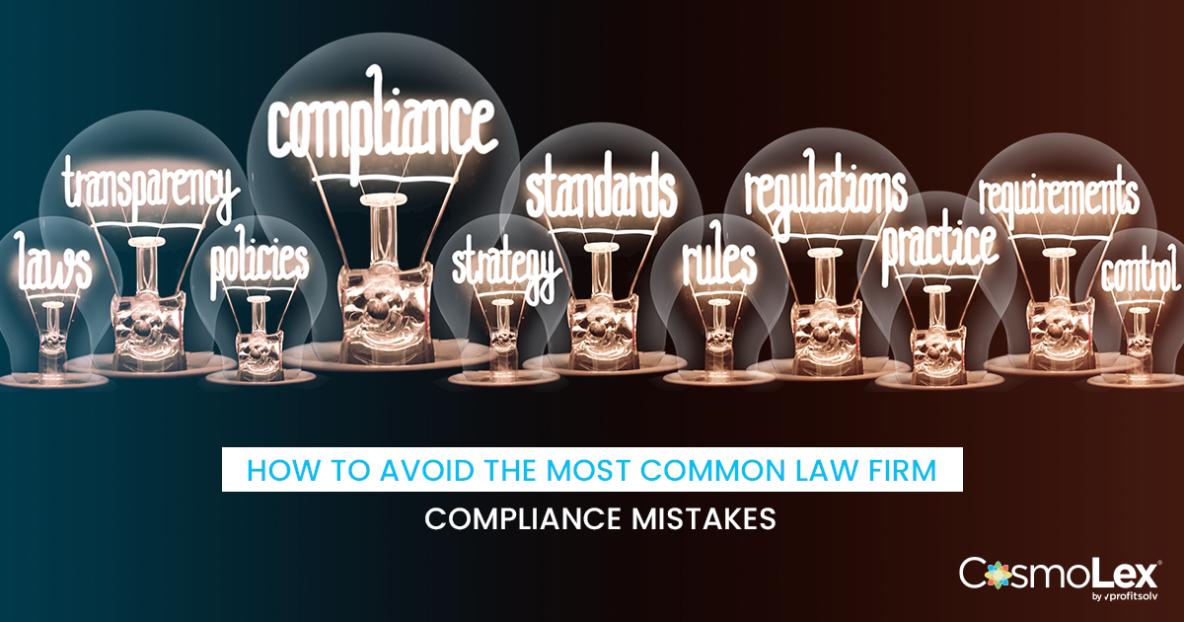In many ways, the legal field is no different from any other industry. Lawyers need to track their income, manage expenses, and plan for the future using accounting reports. However, this is only part of the story. When it comes to law firm accounting, lawyers have much greater responsibilities than other professionals, as they are required to maintain compliance with … Read More
Back to Basics: Accounting Compliance for Lawyers
How many times have you tossed a receipt into your filing system and forgotten to record the expense? Are you guilty of losing track of the time you spend working on a case? What’s the status of those un-cleared funds in your client’s trust account? Law firm accounting isn’t exactly straightforward. Nor is it something you went to school for. … Read More
Trust Accounting Basics for Estate Planning Law Firms
When someone chooses your law firm to handle their estate, they’re trusting you with far more than just their money. They’re also relying on you to help protect their assets, make sure your loved ones are provided for and guarantee that their legacy is carried out according to their wishes. And because trust accounts play a major role in estate … Read More
How to Grow Your Family Law Practice
You may have started your family law firm with the primary intention of helping clients through difficult times in their lives—but to do this effectively, you also need to run a profitable law firm and grow your business. As a result, you’re likely well aware of the fact that providing compassionate and effective legal services to clients while also managing … Read More
How to Improve Your Firm’s Accounting and Ditch QuickBooks for Good
Legal accounting can be a complex and time-consuming task, especially if you run a small or medium-sized law firm and don’t have a lot of resources to devote to it. Many firms use QuickBooks, a popular accounting software, to manage their finances. Despite its widespread use, though, QuickBooks may not be the ideal option for every legal practice. If you’re … Read More
Back to Trust Accounting Basics: Integrating Trust Accounting with General Accounting for Law Firms
Lawyers frequently manage client funds using a specific type of bank account called a trust account. Monitoring and maintaining these accounts is called legal trust accounting. Most commonly, trust accounts are used to pay for legal services, but they may also temporarily hold settlement money or other client-owned funds. Beyond serving as a method of payment or protection for clients, … Read More
QuickBooks vs. CosmoLex: Which One’s Better?
With over 82,000 businesses using QuickBooks to do their accounting, it’s safe to say QuickBooks is a popular product. You may already use it at your law firm. But “popular” does not always mean something is the right fit. In fact, popular generic software can pose a problem for law firms because they create compliance concerns, among other issues. Legal … Read More
How To Avoid the Most Common Law Firm Compliance Mistakes
Because law firms regularly deal with individuals’ finances and personal information, they are subject to strict and complex legal compliance standards. While these standards are designed to protect clients, they can often create anxiety and stress for the attorneys. That’s because compliance violations can result in fines, suspensions, or even disbarment. But the key to avoiding compliance violations—and their costly … Read More
What Every Lawyer Should Know About Trust Accounting
A trust accounting issue is on nearly every lawyer’s list of biggest fears, especially since all it takes is one mistake to get you disbarred. With everything you need to know about the actual practice of law, maintaining compliant trust accounts on top of it can seem daunting. Nailing down the basics and putting measures in place to avoid any … Read More









